Every now and then you come across a piece of DM advice that really changes the way you play. Here are five that did that for me.
When you are a DM, it is inevitable that you will get advice. This is because your fellow DMs can’t help but dispense it. And also because, thanks to capitalism, there’s a whole subindustry that revolves around giving DMs advice on how to play. If you can monetize it, they will come. Today both intersect, because I want to share some of the best advice I’ve ever received as a DM.
Let the Players Be Cool
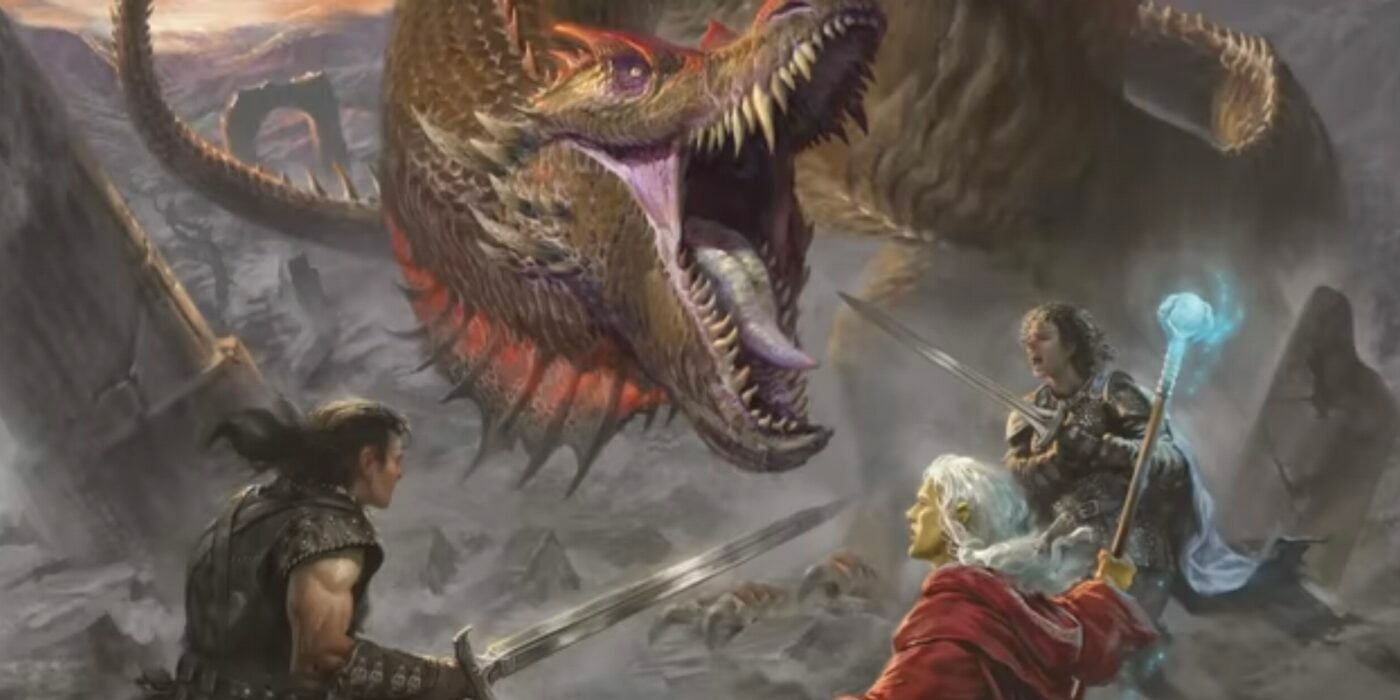
This one changed the game for me. And ironically enough, I had to stop playing D&D for it to really sink in. It was a piece of advice I got while reading the 1st Edition Exalted core rulebook, which, to paraphrase said, “this game is about building players who are larger than life, they swing around swords the size of bulldozer blades and do magic that rewrites reality – and that’s the point. That’s why we’re here. The player characters in this game cast long shadows on the world.”
And I haven’t looked back, since. Now not every game I run has the PCs as basically magic superheroes or demigods—but the principle still applies. The rules give your players the tools to do all sorts of cool things. You, the DM, are there to help facilitate the heroes being heroic and cool.
If they want to try something unorthodox, or imaginative, or overpowered—you’d be surprised at how resilient your game/story is. It’s why I like giving a party powerful magic items at low levels. And similarly, not being afraid to throw them in over their heads—a dragon attack doesn’t have to end with a slain dragon, it can end with the heroes feeling heroic because they got everyone away.
“My” Story Doesn’t Matter; the Table’s Does
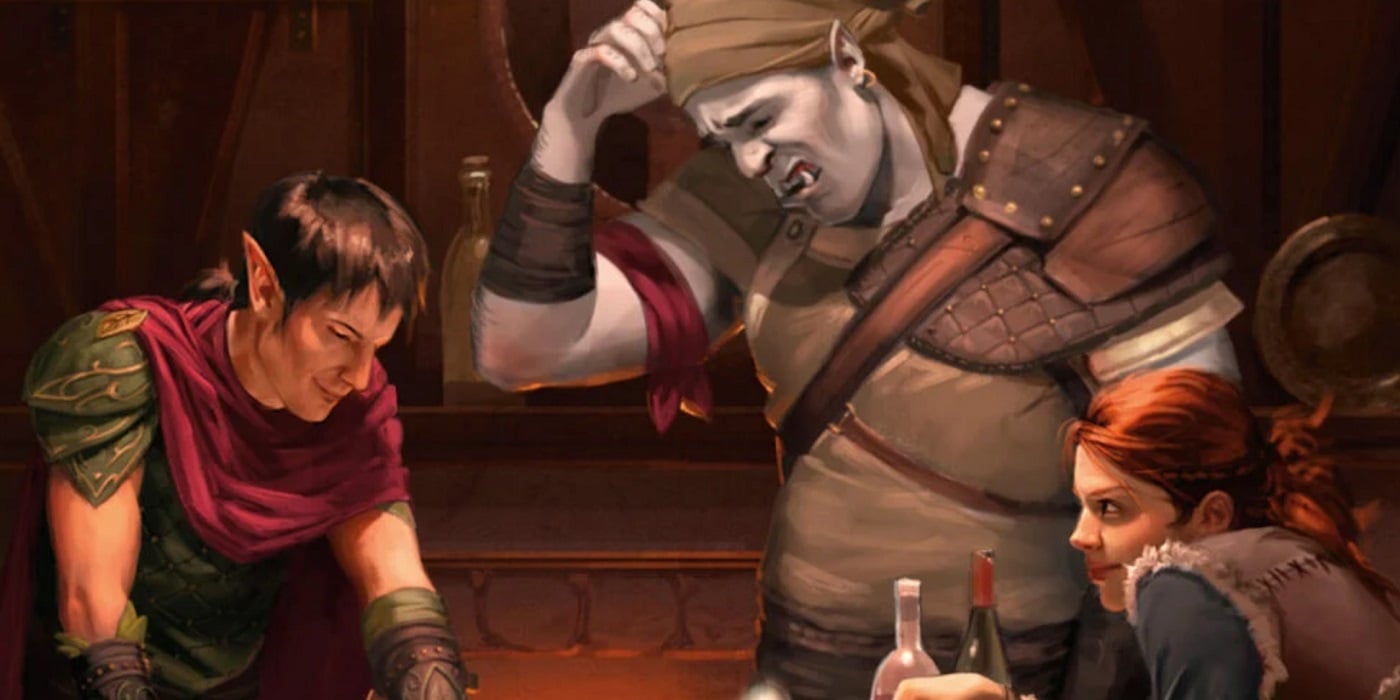
This is a piece of DM advice I got from a good friend and fellow GM. And it’s one that applies to both DMs and PCs. It was basically this: “don’t get too wrapped up in ‘your’ story, otherwise why even have the players?” Which, to me, meant that whatever plots, whatever NPCs I come up with only matter as long as they engage the players. If they don’t? If I start seeding a world-ending apocalypse and no one takes the bait? There’s no shame in abandoning that thread.
Every game is a living story. Part of the strength of D&D is that you can change things on the fly. You can do it before they happen, while they’re happening, or even after the fact. Because you’re just playing with your friends. Now, does that mean that anything the DM does is meaningless?
No. Absolutely not. You’re there to tell the story—everyone has their role in that—and my friend explained that the DM’s job is to come up with the cool stuff that happens in the world. But you don’t have to twist yourself into knots trying to make something work that just isn’t doing it for the table.
It’s Okay to Get It Wrong
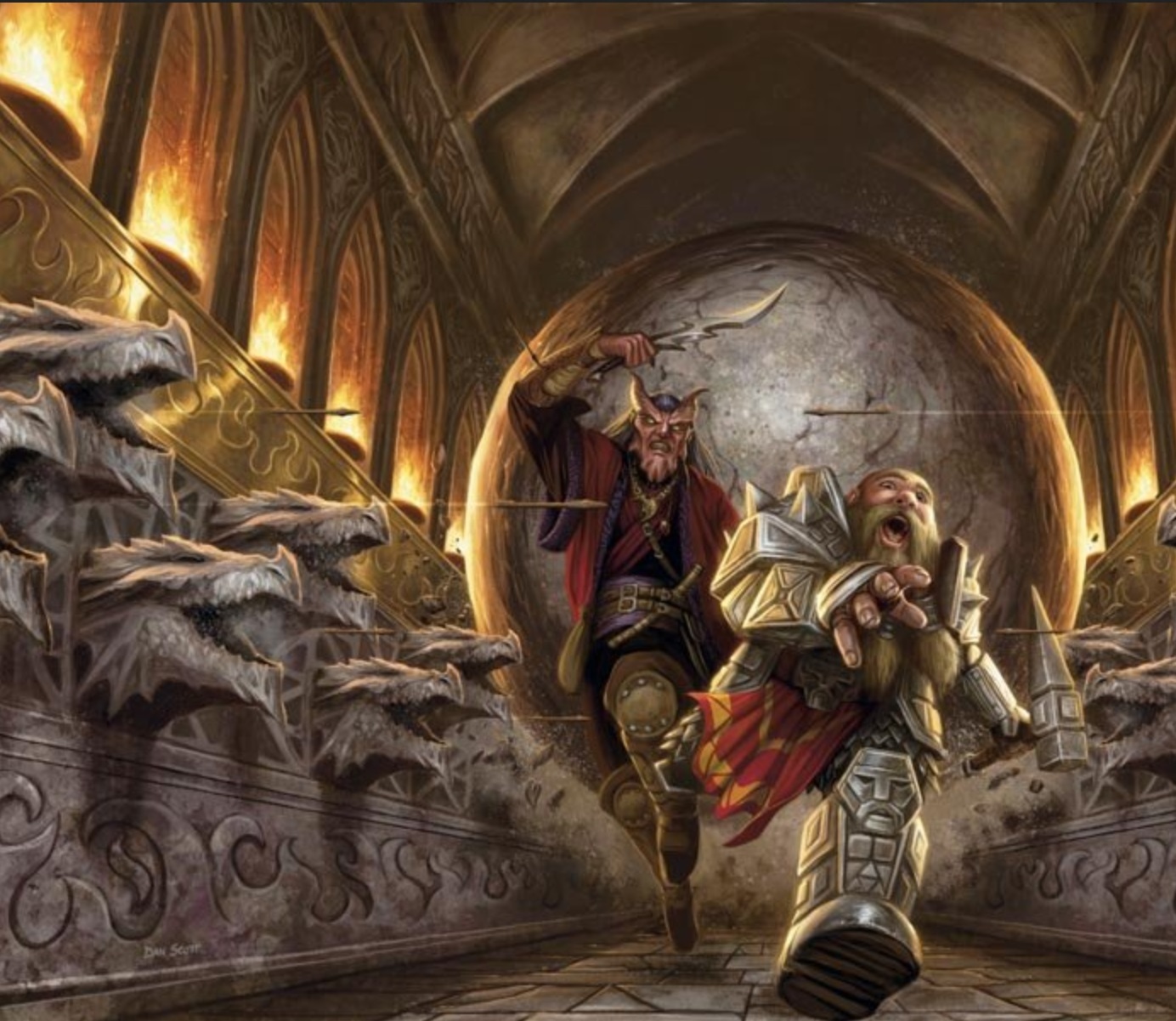
Speaking of not trying too hard to make something work that isn’t. It’s okay to get it wrong. This is something I wish I’d learned much earlier than I did. But, you can absolutely completely mess it up. And it’s fine. That’s the beauty of RPGs. Everything is malleable, to some extent.
It’s very freeing—because now I feel empowered to take big swings. To try a homebrew magic item or even a class or make my own monster and if it doesn’t work, I just say “hey gang, this isn’t working.”
I learned this from improv. But man does it make running a game so much easier.
“Actions Have Consequences” Swings Both Ways
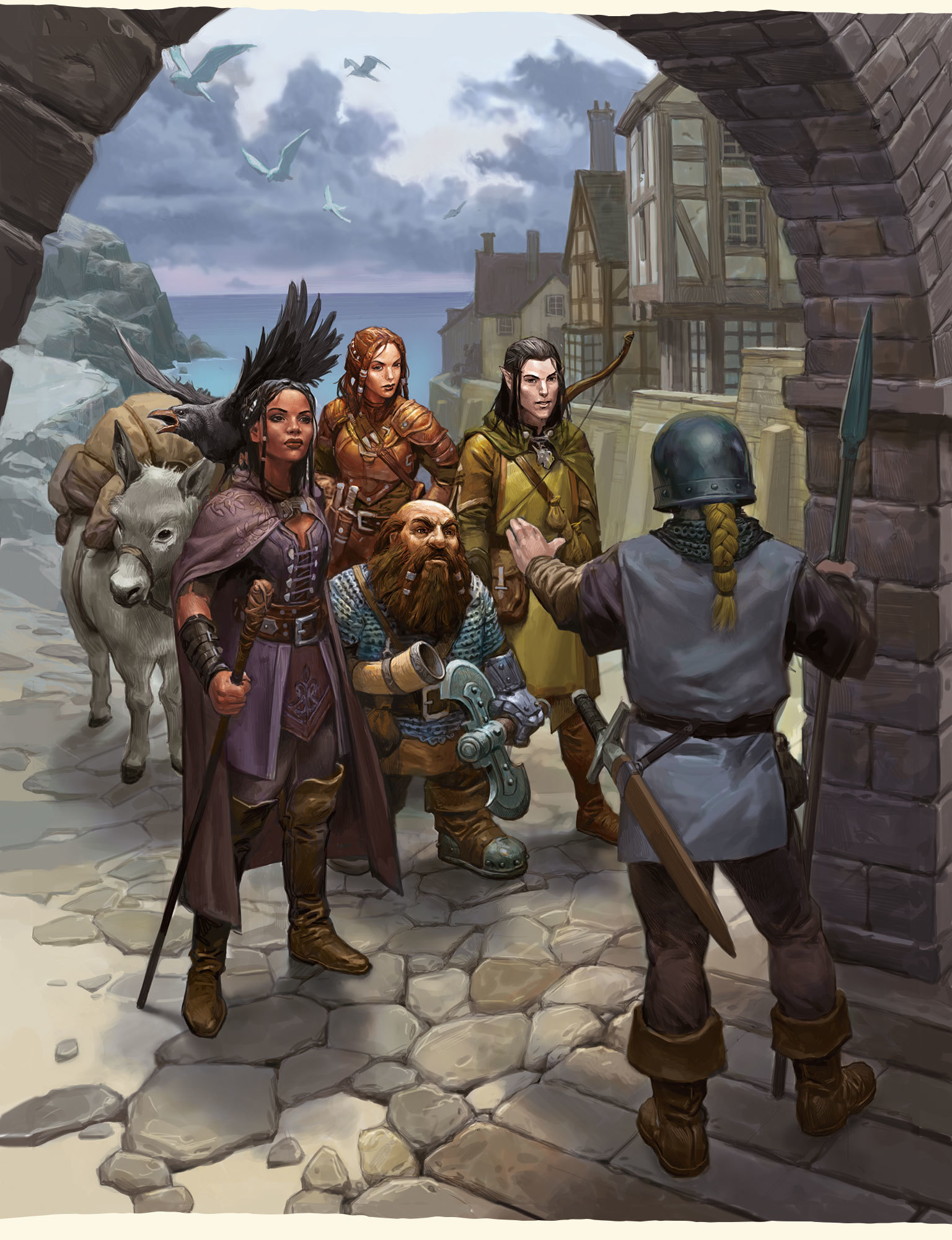
This is a great piece of advice that I got from one of my friends when I was talking with him about how tricky it was to get players into the world. And part of that comes down to players feeling like they have an impact on the world, and vice versa. He called it the Elder Scrolls effect.
In a nutshell, in those games, you can become the most powerful archwizard, head of the Warrior’s Guild, the actual literal chosen one and people will still be like, “hey, you, you better help me find this if you know what’s good for you.”
The sidequests and NPCs never actually treat you different. And in D&D, this goes both ways. It’s easy for a DM to say, “and then the town guard shows up to arrest you for making trouble” but then if you never follow it up with moments of the NPCs treating the PCs different because of the cool heroic things they’ve done, there’s no change. The world feels flat.
A big part of making your game feel alive is in the way the world reacts to the presence of the player characters. Both positive and negative. Actions have consequences. Sometimes they’re good!
Follow the Fun
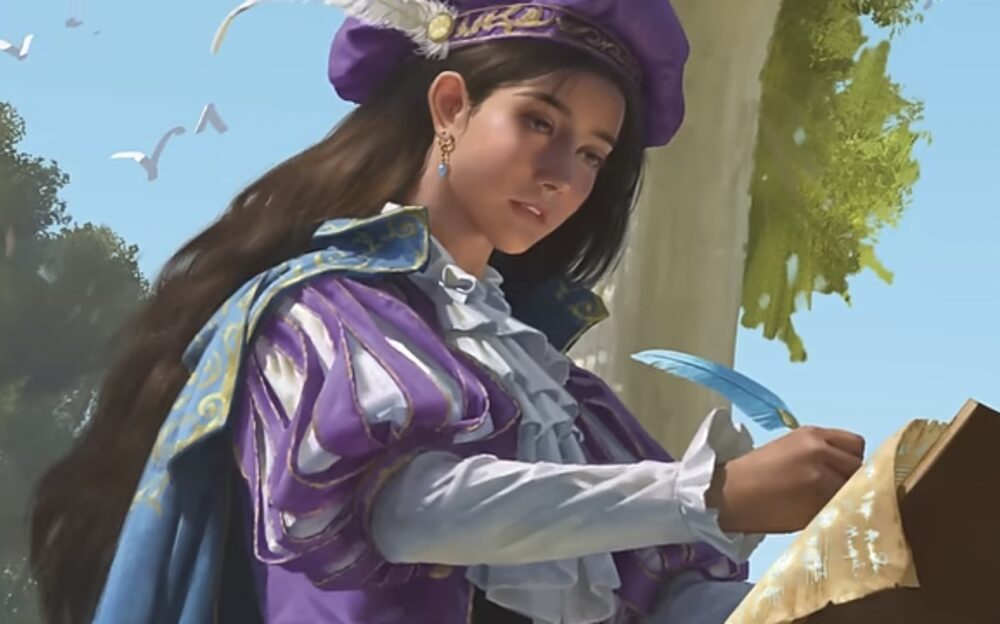
Finally, if there’s one piece of advice that has really made a difference for me, it’s to follow the fun. Which to me, means, if you and your friends are having a blast at the table, if you’re having fun thinking about the things that you’ll do at your next session, if you’re laughing it up and feeling in general excited about how things are going? You’re doing it right.
And it’s easy to just keep doing whatever it is that seems fun to you. Both as a DM and as a player. You just follow the lens of what feels fun to explore. Or what feels fun to set up for your players to discover. You don’t have to worry about epic twists and tales, or having the right miniatures or coming up with the perfect adventure or fight.
If you’re having fun fighting your way through the Monster Manual alphabetically, then, you’re doing it right. Do what feels good—and you can always tell, at the table. You can tell when your friends lean in. Or when the time between sessions feels effortless (despite how much effort it takes to prep).
Happy adventuring!
Subscribe to our newsletter!
Get Tabletop, RPG & Pop Culture news delivered directly to your inbox.
Don’t Miss:
Read more at this site
